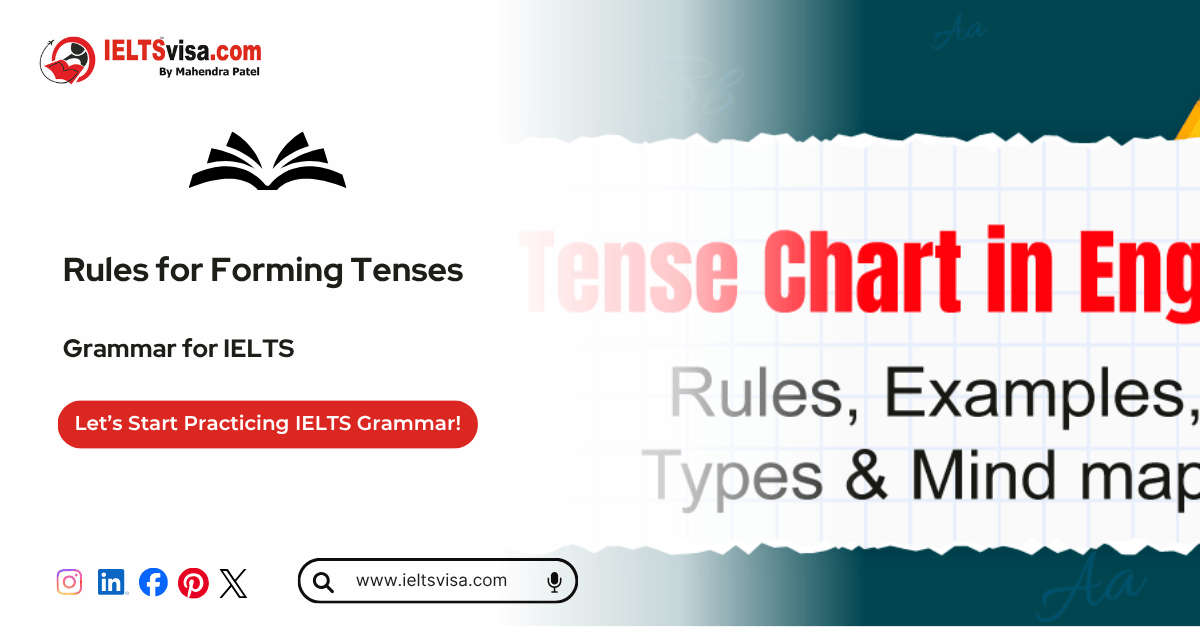Why some IELTS students get lower band scores in Reading?
IELTS Advice
There can be several reasons why some IELTS students get lower band scores in Reading. Here are some common reasons:
- Poor time management: The Reading section of the IELTS test is time-bound, and candidates need to answer 40 questions in 60 minutes. If a candidate spends too much time on a particular question or section, they may not have enough time to answer the remaining questions.
- Lack of reading skills: The Reading section requires candidates to have strong reading skills, including the ability to skim and scan, understand complex vocabulary, and interpret information presented in graphs and charts.
- Incomplete understanding of instructions: Not understanding the instructions, such as failing to follow the word limit or ignoring the question format, can result in lower scores.
- Poor exam strategy: Some candidates may not read the questions carefully or may not prioritize answering the questions that carry more marks. They may also struggle to find relevant information in the given text.
- Inadequate practice: Not practicing enough before the exam can also result in lower scores. Candidates who have not practiced reading English texts regularly may struggle to finish the Reading section within the given time limit.
- Language proficiency: Lower scores in Reading can also be due to inadequate proficiency in the English language, including weak vocabulary, grammar, and comprehension skills.
Study Abroad







Active and Passive Voice
Active and Passive Voice Understanding the active and passive voice is essential for improving your writing and communication skills. These two forms describe the relationship between the subject, verb, and object in a sentence. In this guide, we will explore the...

Uses of the Tenses
Uses of the Tenses Tenses are the foundation of English grammar and are essential for conveying the timing and duration of actions, events, and states. Understanding the uses of tenses allows for clear communication and precise expression in both spoken and written...

Rules for Forming Tenses
Rules for Tenses in English Grammar with Examples Understanding tenses is crucial for speaking and writing correct English. Tenses tell us when an action happened – in the past, present, or future. By following simple rules, you can master tenses and use them...








